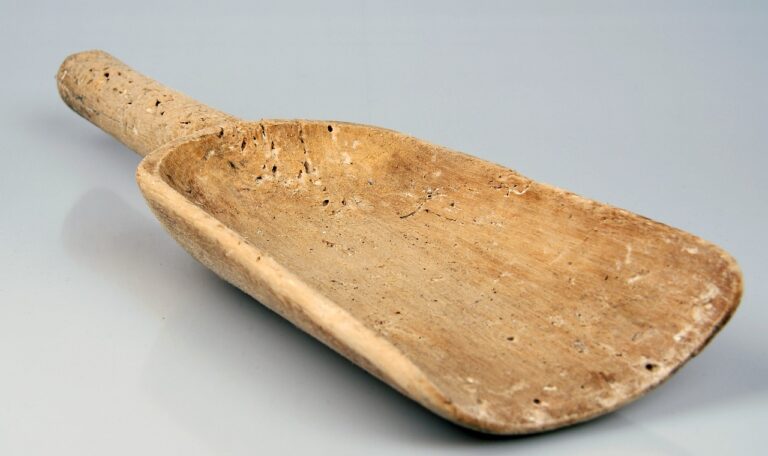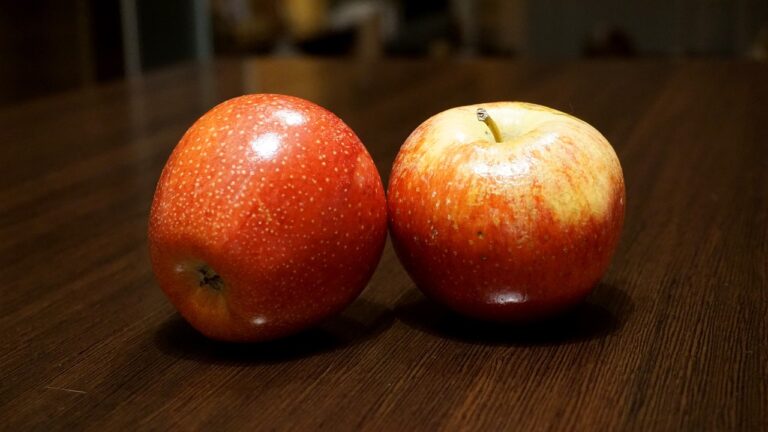The Impact of Caffeine on Nutrition and Health
betbhai9 sign up, playexchange login, lotus365 vip login: Caffeine is a widely consumed stimulant that can be found in coffee, tea, energy drinks, and even some medications. Many people rely on caffeine to help them wake up in the morning, stay alert throughout the day, or power through workouts. But what impact does caffeine have on our nutrition and health?
Let’s take a closer look at the effects of caffeine on our bodies and how it can affect our overall well-being.
Caffeine and Nutrition
Caffeine is a natural compound found in various plants, including coffee beans, tea leaves, and cacao pods. It is classified as a stimulant because it can increase alertness, improve focus, and reduce feelings of fatigue. When consumed in moderation, caffeine can be a part of a healthy diet.
Coffee and tea are the most common sources of caffeine in our diets. A typical cup of coffee contains around 95 milligrams of caffeine, while a cup of tea contains about 30 milligrams. Energy drinks and sodas can also contain caffeine, but the amounts can vary widely.
Caffeine is considered safe for most people when consumed in moderate amounts, which is typically 400 milligrams per day for healthy adults. However, some individuals may be more sensitive to caffeine and may experience negative side effects, such as jitteriness, insomnia, or rapid heartbeat, even with lower doses.
Impact on Health
While moderate caffeine consumption can have some benefits, excessive intake can lead to negative health effects. Some studies have suggested that high levels of caffeine intake may be linked to increased blood pressure, heart palpitations, anxiety, and digestive issues. Additionally, consuming caffeine late in the day can disrupt sleep patterns and lead to insomnia.
Caffeine can also have an impact on nutrient absorption in the body. It may interfere with the absorption of certain vitamins and minerals, such as calcium and iron, when consumed in large amounts. This can be a concern for individuals who rely heavily on caffeinated beverages and may not be getting enough of these essential nutrients in their diets.
Furthermore, some people may experience withdrawal symptoms when they cut back on caffeine or stop consuming it altogether. These symptoms can include headaches, fatigue, irritability, and difficulty concentrating. It’s essential to gradually reduce your caffeine intake if you decide to cut back to help minimize these withdrawal effects.
How to Manage Your Caffeine Intake
If you’re looking to reduce your caffeine intake or manage it more effectively, there are several strategies you can try:
1. Keep track of your caffeine consumption: Be mindful of how much caffeine you’re consuming each day and try to stick to moderate amounts.
2. Opt for decaf: If you enjoy the taste of coffee or tea but want to reduce your caffeine intake, consider switching to decaffeinated versions.
3. Stay hydrated: Drinking plenty of water throughout the day can help counteract the dehydrating effects of caffeine.
4. Limit caffeine later in the day: To avoid disrupting your sleep, try to avoid consuming caffeine in the afternoon or evening.
5. Take breaks from caffeine: Periodically cutting back on caffeine can help reduce your tolerance and dependence on the stimulant.
6. Talk to your healthcare provider: If you have concerns about your caffeine consumption or its effects on your health, consider speaking with a healthcare professional for personalized advice.
FAQs
1. Is caffeine bad for your health?
While moderate caffeine consumption is generally considered safe for most people, excessive intake can have negative health effects. It’s essential to monitor your caffeine intake and be mindful of how it may be affecting your body.
2. How does caffeine affect nutrition?
Caffeine can interfere with the absorption of certain vitamins and minerals, such as calcium and iron, when consumed in large amounts. It’s important to balance your caffeine intake with a nutrient-rich diet to ensure you’re getting all the essential nutrients your body needs.
3. Can caffeine help with weight loss?
Some studies have suggested that caffeine may have a modest effect on boosting metabolism and promoting fat burning. However, it’s essential to remember that caffeine is not a magic solution for weight loss and should be combined with a healthy diet and regular exercise for best results.
In conclusion, caffeine can have both positive and negative effects on our nutrition and health. By consuming caffeine in moderation and being mindful of how it affects our bodies, we can enjoy the benefits of this popular stimulant while minimizing any potential drawbacks. Remember to listen to your body and make choices that align with your individual health goals and needs.







